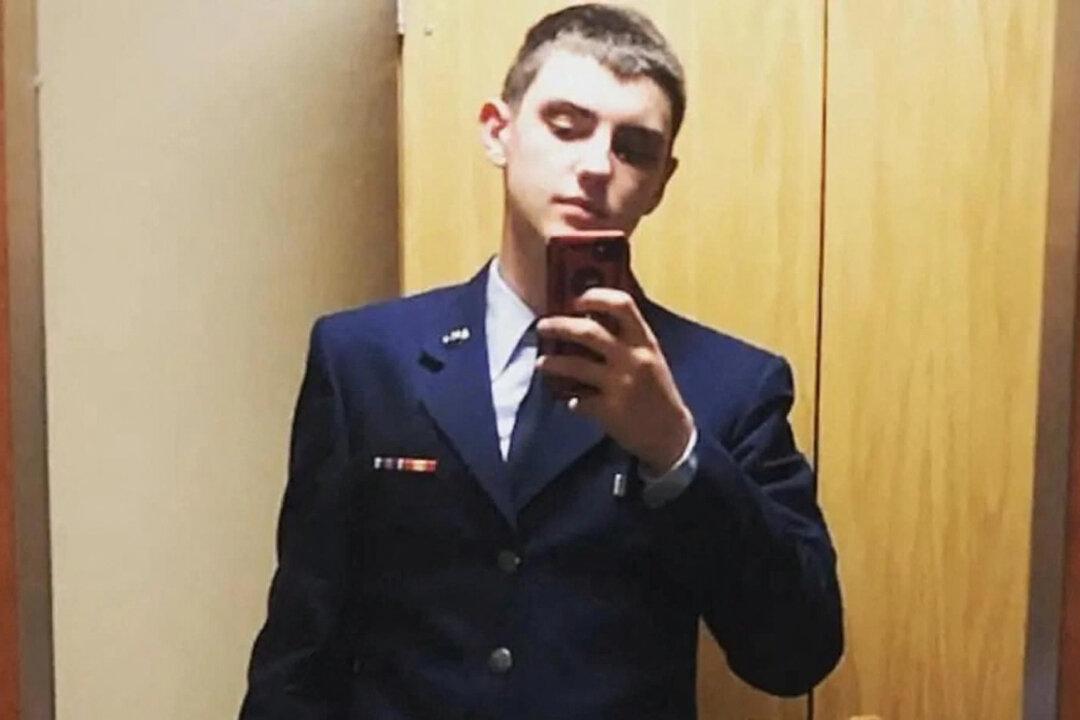Lawyers for Jack Teixeira, the former Air National Guardsman accused of leaking top secret Pentagon documents, have asked a judge to reconsider an earlier decision to keep him behind bars as he awaits trial, citing the pretrial release of former President Donald Trump and others charged in similar high-profile cases involving classified documents.
Mr. Teixeira was arrested in April at a home in southern Massachusetts, about 18 miles east of Providence, Rhode Island, following a Department of Justice probe into a leak of highly classified materials on the messaging app Discord, as well as on the Telegram app and 4chan website.




